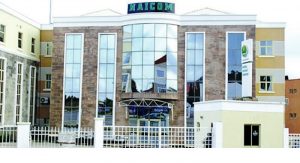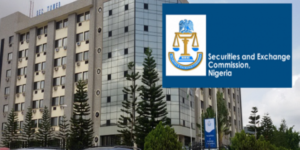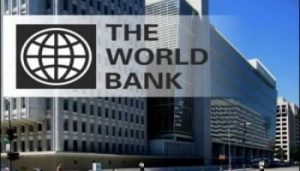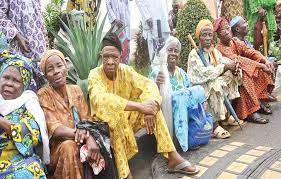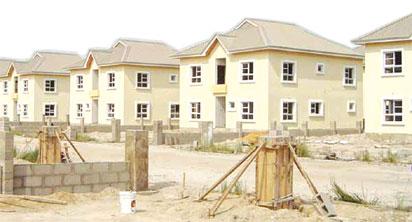
By David Akinmola
A new housing market report has revealed that house rent in Lagos now consumes as much as 70 percent of residents’ monthly income, raising serious concerns over housing affordability and urban survival in Nigeria’s most populous city.
The data, which emerged from a survey of rental trends across key areas of Lagos, paints a stark picture of worsening living conditions for low- and middle-income earners. With stagnant wages and a surging cost of rent, many residents are being forced to sacrifice essential needs such as food, healthcare, and education to maintain shelter.
In areas like Yaba, Ajah, Surulere, and Ogba, average rents for self-contained apartments and mini-flats have risen by over 30 percent in the past year alone. For many tenants, this translates into spending between 60 to 70 percent of their monthly salaries just to keep a roof over their heads.
“I earn ₦150,000 monthly but pay ₦100,000 for a tiny room in Lekki,” said Efe Daniel, a sales executive. “There’s barely anything left to survive on after rent.”
Real estate experts have attributed the crisis to a mix of factors including inadequate housing supply, inflation, rising building material costs, and lack of effective rent control policies.
“The rental market in Lagos is no longer sustainable for average earners,” said Bolaji Shonibare, a property economist. “We are approaching a housing emergency that demands immediate government action.”
Calls are growing for the Lagos State Government to implement urgent measures, including mass affordable housing schemes, improved mortgage access, and stricter regulation of yearly rent charges.
Without meaningful intervention, stakeholders warn that the rent burden could deepen the city’s inequality gap, drive more residents into informal settlements, and erode the quality of urban life in Africa’s commercial hub.


